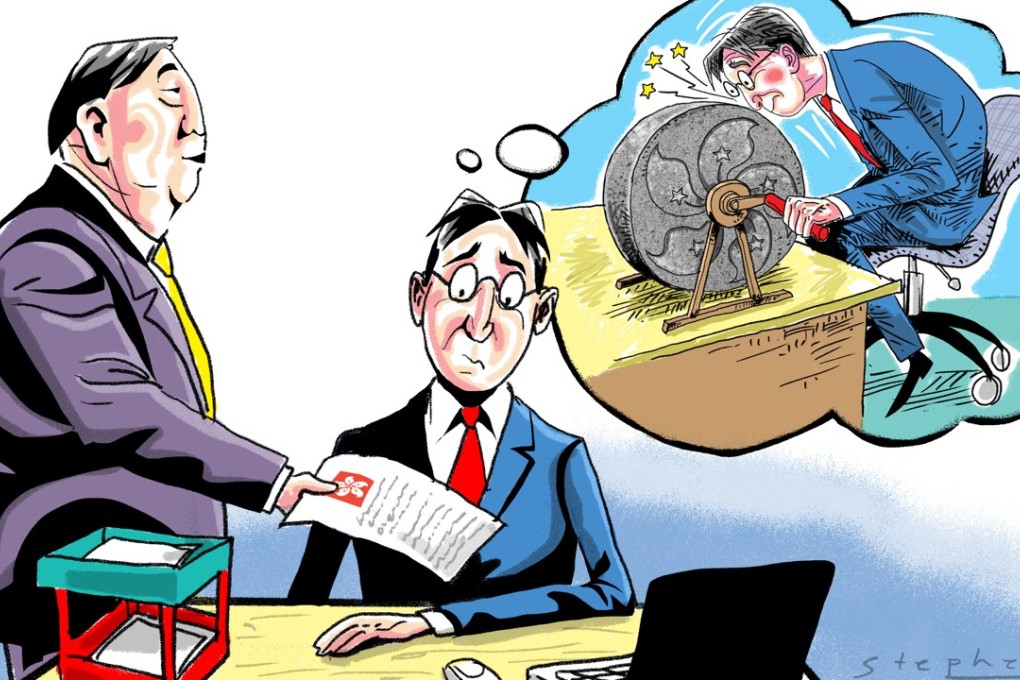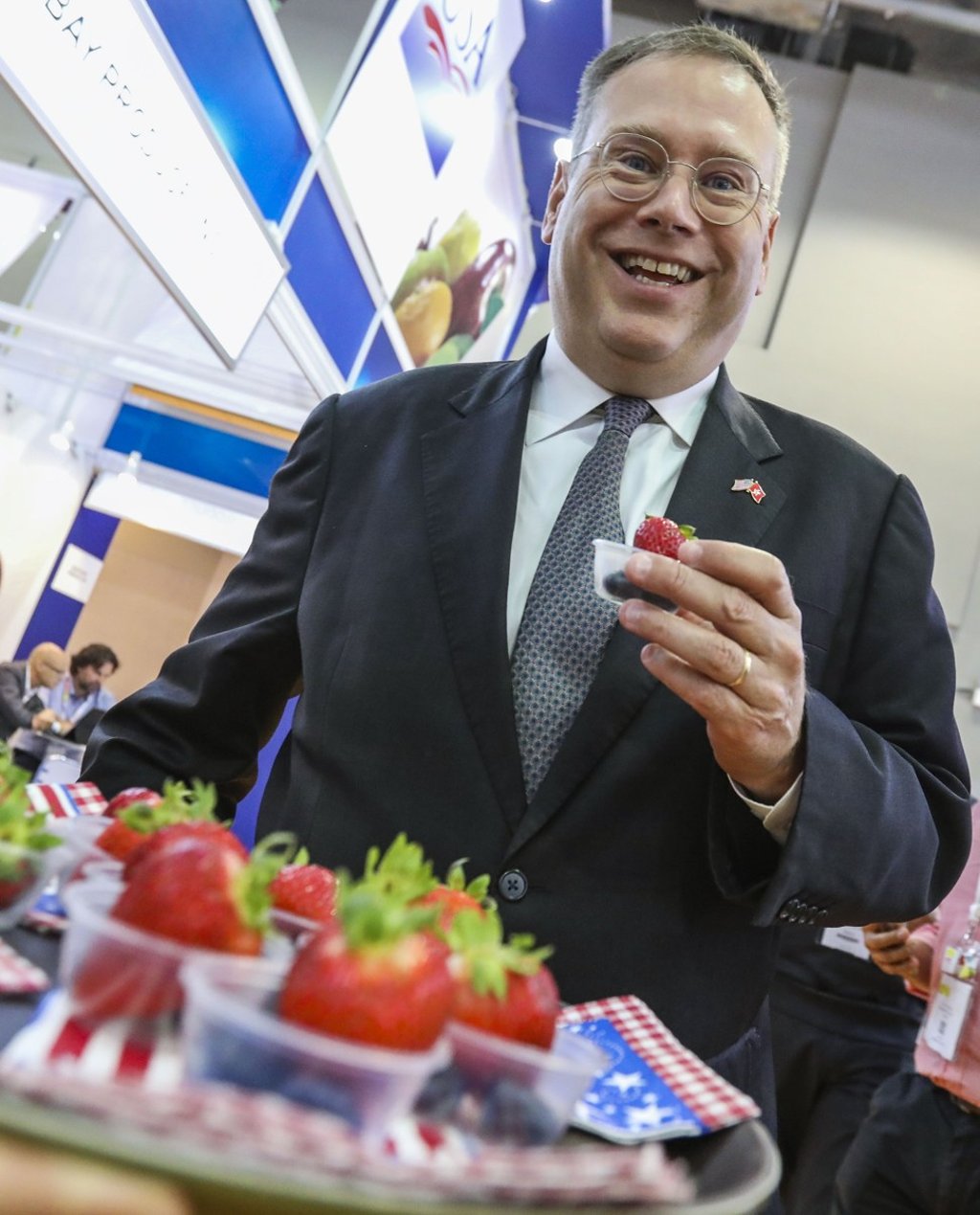Advertisement
Hong Kong is a ‘hardship posting’ for liaison office officials, and Beijing will see better results in the city when it starts to treat its people better
Tai Hing-shing says mainland officials are expected to show selfless dedication to the job, and for junior staff in particular that can mean family separation and long hours in a hostile environment. So it’s no wonder they may have negative views of the city
Reading Time:4 minutes
Why you can trust SCMP

The summer holiday in Hong Kong has always been the peak season for transfers to and from foreign consulates. Last July and August, two diplomat friends returned to their home countries at the end of their terms, both expressing their reluctance to leave Hong Kong.
One praised Hong Kong for its efficiency, for all the things that can be done here in one day. The other appreciated the highly developed transport network of Hong Kong, a rare metropolis with a one-hour living circle.
But when I chat to some friends from the central government’s liaison office in Hong Kong, they give me diametrically opposite answers. They have a hard time in Hong Kong. On top of working weekdays, they do overtime and entertain guests in the evenings and on days off. Many can’t wait to go back to the mainland!
Should powers of Beijing’s man in Hong Kong be defined in Basic Law?
The liaison office is Beijing’s top organisation in Hong Kong. One of its duties is to communicate with people from all walks of life, and enhance exchanges between the mainland and Hong Kong. In the eyes of many Hong Kong people, Chinese liaison officers enjoy high statuses and good lives in Hong Kong. It may surprise people when friends who are at a more junior level in the liaison office tell me differently, but as far as I know what they say is true.
Advertisement
For example, most of the officials stationed in Hong Kong have to be separated from their families for a long time because of work. There are many international schools operated by foreign countries in Hong Kong, but there is no school started by the mainland government for its officials’ children.
Advertisement
In contrast, foreign diplomats in Hong Kong get generous benefits – usually various kinds of compensation. Their work and lives are less stressful, and they get considerable allowances if their spouses come along.
Advertisement
Select Voice
Choose your listening speed
Get through articles 2x faster
1.25x
250 WPM
Slow
Average
Fast
1.25x
